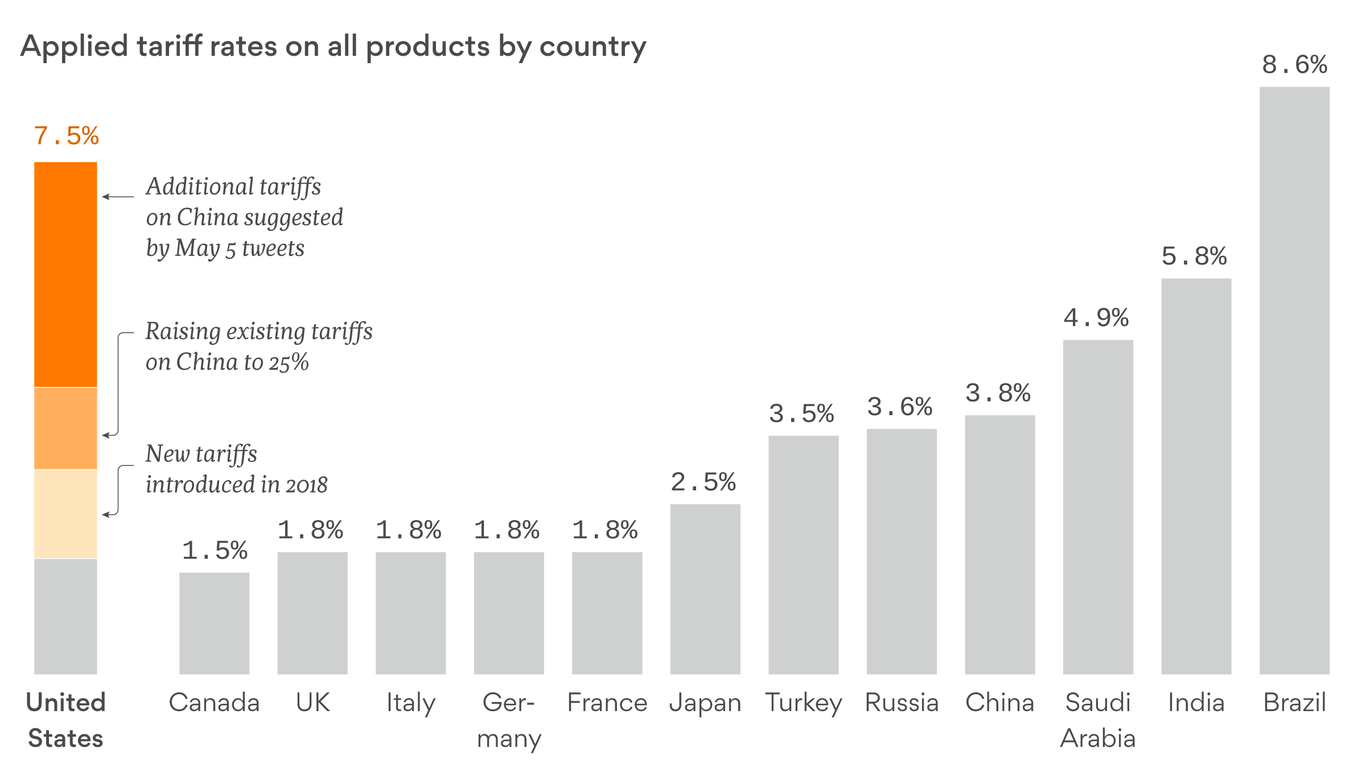Uterine Transplantation: A Proposal For Transgender Women's Childbearing

Table of Contents
The Science Behind Uterine Transplantation
The Procedure
Uterine transplantation is a complex surgical procedure involving several key steps. First, a suitable uterus is obtained from a deceased or living donor. Rigorous donor selection is crucial, considering factors like age, health history, and uterine health. The recipient undergoes extensive preparation, including hormone therapy to prepare their body for the transplanted uterus and pregnancy. The actual transplant involves a meticulous surgical process, focusing on precise vascular anastomosis—connecting the blood vessels of the transplanted uterus to the recipient's blood supply. This requires highly specialized surgical expertise.
- Complexities of the Procedure:
- Vascular Anastomosis: Connecting the blood vessels of the donor uterus to the recipient's circulatory system is a delicate and time-consuming process, requiring microsurgical precision.
- Immunosuppression Protocols: To prevent rejection of the transplanted uterus, the recipient requires lifelong immunosuppressant medication, which carries potential side effects.
- Potential Complications: As with any major surgery, uterine transplantation carries risks, including infection, bleeding, organ rejection, and complications related to immunosuppression.
Success Rates and Outcomes
While uterine transplantation has shown promising results in cisgender women, data specific to transgender women is still limited. Current success rates for cisgender women undergoing uterus transplantation vary, with a focus on live birth rates and pregnancy complications. The long-term health outcomes for both the donor and recipient are also being closely monitored. Extrapolating these findings to transgender women requires further research, considering potential differences in physiological responses to the procedure and pregnancy.
- Key Data Points (Cisgender Women):
- Live birth rates are gradually increasing but remain below 50% in many studies.
- Pregnancy complications, such as pre-eclampsia and gestational diabetes, are potential risks.
- Long-term follow-up studies are ongoing to assess the overall health impacts of the procedure.
Ethical Considerations and Challenges
Uterine transplantation raises significant ethical considerations. Obtaining informed consent from both the donor and the recipient is paramount, ensuring a full understanding of the risks and benefits involved. Resource allocation is another critical factor, given the high cost and limited availability of the procedure. The potential psychological impact on both the donor and recipient must also be carefully considered.
- Ethical Concerns:
- Donor Consent: Ensuring fully informed and voluntary consent from both living and deceased donors is vital.
- Resource Allocation: The high cost of the procedure necessitates careful consideration of resource allocation, ensuring equitable access.
- Risks and Benefits: A thorough assessment of the risks and benefits for both donor and recipient is crucial for ethical decision-making.
Accessibility and Affordability of Uterine Transplantation
Cost and Insurance Coverage
Uterine transplantation is an extraordinarily expensive procedure. The costs encompass surgery, hospitalization, immunosuppressant medication, ongoing monitoring, and potential complications. Insurance coverage for this experimental procedure is highly variable and often incomplete, leaving many transgender women facing significant financial burdens. Exploring potential funding options, including grants, crowdfunding, and charitable organizations, is crucial.
- Financial Barriers:
- High surgical costs.
- Lifelong immunosuppressant medication costs.
- Extensive post-operative care and monitoring.
- Limited insurance coverage.
Geographical Accessibility
The limited number of medical centers worldwide with the expertise and infrastructure to perform uterine transplantation severely restricts access. This geographical disparity creates healthcare inequities, disproportionately affecting transgender women in underserved communities. Increased investment in research, training, and infrastructure is needed to expand access to specialized centers.
- Access Barriers:
- Concentration of specialized centers in specific geographic locations.
- Lack of access to qualified surgeons and medical teams.
- Limited availability of suitable donors.
Psychological and Social Implications
Emotional and Mental Well-being
Undergoing uterine transplantation is an emotionally and mentally demanding journey. Transgender women embarking on this path require comprehensive psychological support throughout the process, from initial evaluation and preparation to post-operative recovery and potential pregnancy. Addressing pre-existing mental health conditions and providing ongoing emotional support is crucial for successful outcomes.
- Psychological Support:
- Pre-operative counseling and preparation.
- Ongoing support during the surgical process and recovery.
- Mental health services addressing potential anxieties and challenges.
Social Acceptance and Stigma
Transgender women who choose to undergo uterine transplantation and pursue pregnancy may face societal stigma and discrimination. Addressing these challenges requires increased public awareness, education, and a commitment to fostering a more inclusive and accepting environment. Advocacy groups play a vital role in promoting understanding and challenging negative stereotypes.
- Overcoming Stigma:
- Public awareness campaigns to educate and inform.
- Support groups and communities for transgender women undergoing this procedure.
- Advocacy for inclusive healthcare policies and societal acceptance.
Conclusion
Uterine transplantation represents a significant advancement, offering a potential pathway to motherhood for transgender women. However, realizing this potential requires overcoming substantial hurdles, including ethical considerations, cost barriers, limited access, and societal stigma. Addressing these challenges through collaborative efforts – including further research, improved healthcare access, comprehensive psychological support, and increased social acceptance – is crucial to ensuring equitable access to this groundbreaking procedure. Continued research and advocacy for uterine transplantation for transgender women are essential for making this life-changing option a reality for those who desire it.

Featured Posts
-
 How To Be A Better Ally On International Transgender Day Of Visibility
May 10, 2025
How To Be A Better Ally On International Transgender Day Of Visibility
May 10, 2025 -
 Double Trouble In Hollywood Wga And Sag Aftra Strike Brings Industry To Standstill
May 10, 2025
Double Trouble In Hollywood Wga And Sag Aftra Strike Brings Industry To Standstill
May 10, 2025 -
 Transznemu No Letartoztatasa Floridaban Jogsertes A Noi Mosdo Hasznalata Miatt
May 10, 2025
Transznemu No Letartoztatasa Floridaban Jogsertes A Noi Mosdo Hasznalata Miatt
May 10, 2025 -
 Massive Whistleblower Payout Credit Suisse Settles For 150 Million
May 10, 2025
Massive Whistleblower Payout Credit Suisse Settles For 150 Million
May 10, 2025 -
 Trump Tariffs Weigh On Infineon Ifx Sales Guidance Revised Downward
May 10, 2025
Trump Tariffs Weigh On Infineon Ifx Sales Guidance Revised Downward
May 10, 2025
Latest Posts
-
 Apples Ai Crossroads Innovation Or Obsolescence
May 10, 2025
Apples Ai Crossroads Innovation Or Obsolescence
May 10, 2025 -
 Alleged Microsoft And Asus Xbox Handheld Appears In Leaked Images
May 10, 2025
Alleged Microsoft And Asus Xbox Handheld Appears In Leaked Images
May 10, 2025 -
 Microsoft And Asus Xbox Handheld Leaked Images Surface Online
May 10, 2025
Microsoft And Asus Xbox Handheld Leaked Images Surface Online
May 10, 2025 -
 The Kilmar Abrego Garcia Story Immigration Politics And The Challenges Of Asylum
May 10, 2025
The Kilmar Abrego Garcia Story Immigration Politics And The Challenges Of Asylum
May 10, 2025 -
 Leaked Photos Show Microsoft And Asus Xbox Handheld Console
May 10, 2025
Leaked Photos Show Microsoft And Asus Xbox Handheld Console
May 10, 2025
